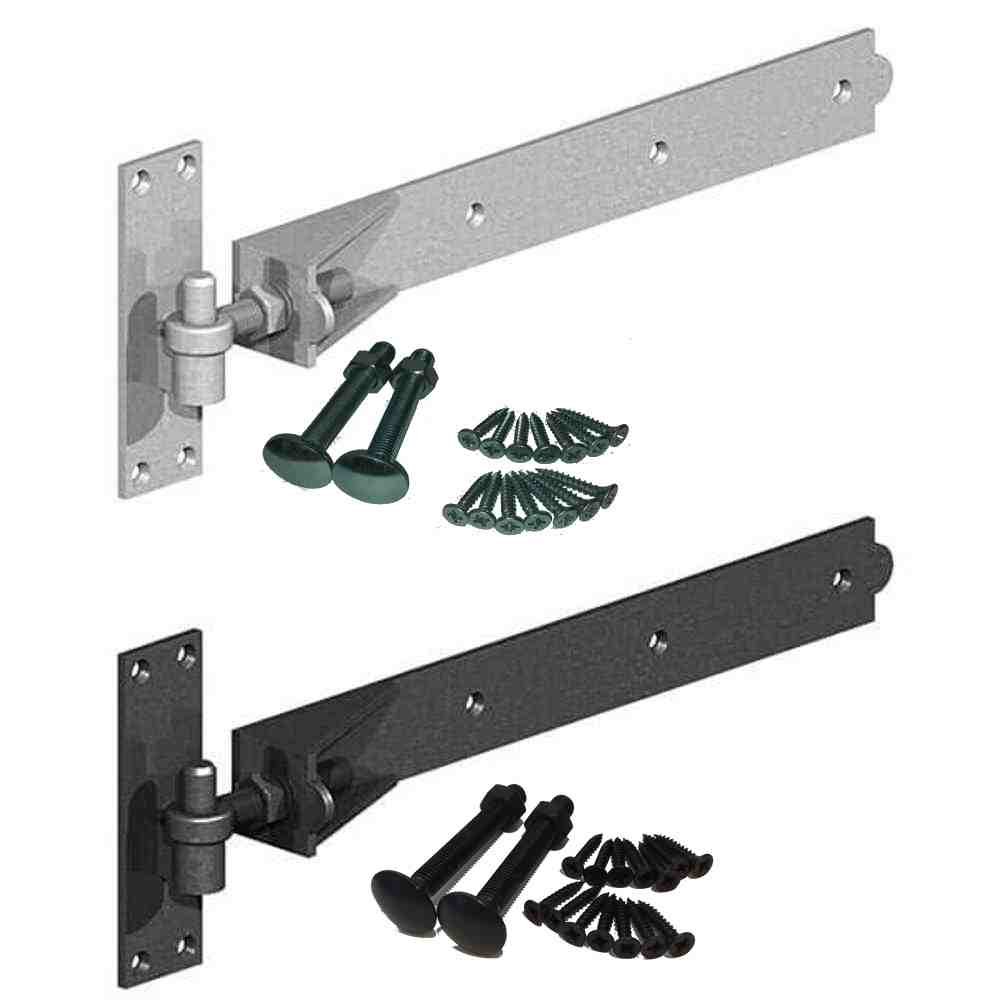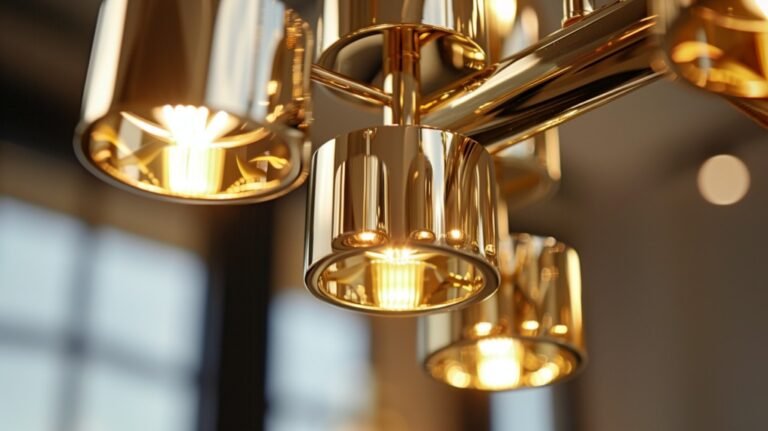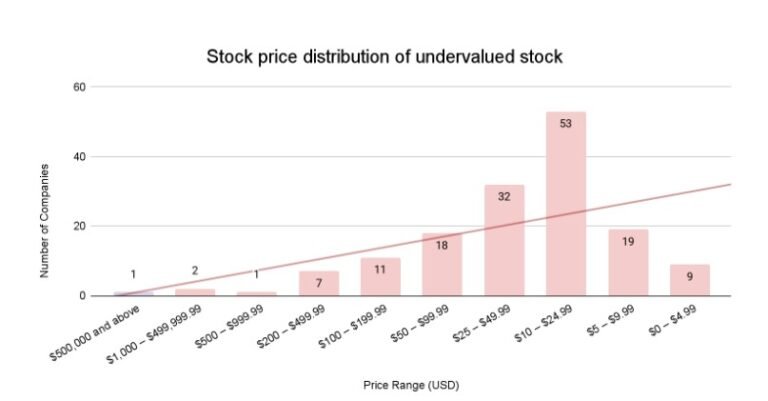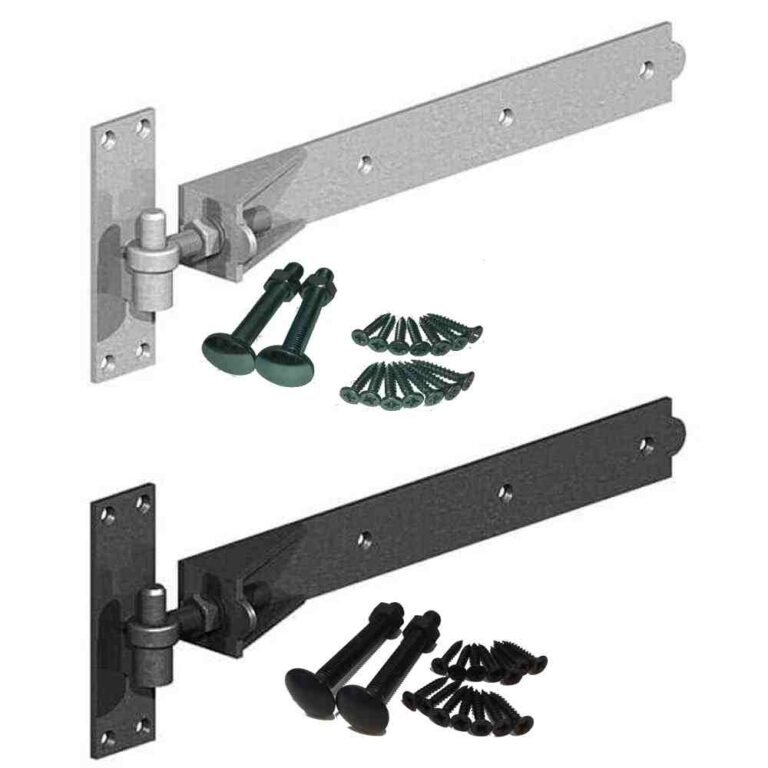
Introduction:
Hinges are one of the key components for the installation of doors, windows, gates, etc., available either in pairs or in a single unit. Whether you are looking for Butt Hinges, Spring-Loaded Hinges, Weld-On Hinges, or any other type, consider environmental factors, material, and finish before final selection. Among all these factors, base materials like steel, aluminium, brass, etc., determine the functionality and usefulness of any hinge in a particular environment.
The selection of any material comes with some advantages and disadvantages. Some materials can withstand harsh weather conditions like humidity, rain, etc., while others are more preferable in terms of strength and recyclability. In this article, learn about different types of materials along with their features so you can choose according to your specific requirements.
Types of Hinge Materials and Their Properties
Have a look at some of the base materials used for the manufacturing of cabinet, door, and gate hinges:
Aluminum
If you are looking for an environmentally friendly material for hinges, then consider aluminum, as it is recyclable. It is easy to reuse old hardware as a raw material for new manufacturing. Moreover, aluminum is lightweight, so suitable for doors and large windows where multiple hinges are required.
Pros
- Light in weight
- Resistant to rust
- Suitable for both indoor and outdoor use.
- Suitable surface for painting and lacquering
Cons
Lower in strength than compared to other materials
Stainless Steel
If you want durable hinges at affordable prices, then go for stainless steel hinges. This steel alloy is resistant to rust, but not 100 percent. However, you can easily restore this material with some inexpensive finishes. Stainless steel hinges are available in various grades, each one having a specific percentage of chromium. nickel, molybdenum.
Pros
- Long-term usage
- Low in price as compared to brass and bronze
Cons
Not 100 percent resistant to rust
Brass
This copper and zinc alloy is suitable for outdoor use as it remains resistant to rust. However, in the presence of salty water, brass can corrode due to the presence of zinc. It is suitable for applications to heavy-weight objects like gates with its solid structure. You can use brass for both commercial and residential projects.
Pros
- Suitable for higher aesthetics
- Resistance to rust
- Low-maintenance
Cons
Appearance of patina over time
Softer as compared to other metals
Bronze
If you want the most reliable option for outdoor applications that provides long-lasting performance, then bronze is the right choice. This copper and tin alloy is perfect for outdoor use due to its rust-resistant properties. It oxidizes with the passage of time, and its exterior develops a unique patina, which is still aesthetically pleasing.
Pros
- Premium protection against corrosion
- Durable functioning
- High flexibility
Cons
- High in prices
- Change in finishing in the long run
Bottom Line
Selection of any suitable material for hinges requires careful consideration of factors like durability, cost, protection, and recyclability, among others. The smooth functionality of doors, windows, gates, etc., depends on this key hardware. Whatever material you choose, always opt for reputable hardware manufacturers to ensure real benefits and commitment.




